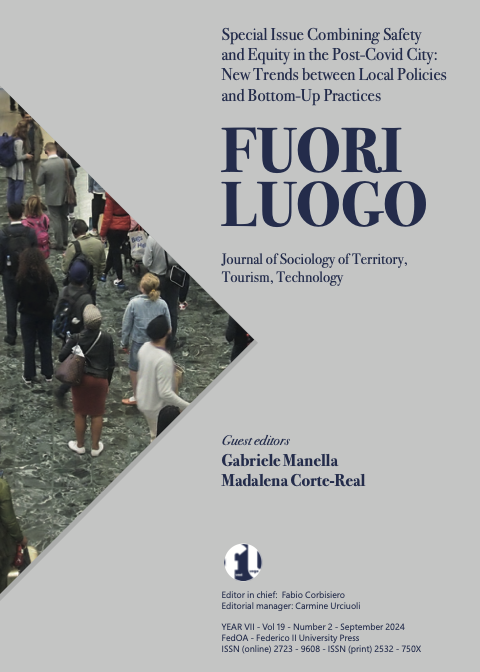Unmasking the Effects of Airbnb in Barcelona
Abstract
The negative effects of tourism in mature destinations is a central debate in academia and everyday public life. The rise of tourism in the city of Barcelona was originally driven by the 1992 Olympic Games, which put it on the map of potential destinations of interest. Since then, the number of international visitors has increased year after year. This has also led to an increase in tourist accommodation in the city centre and its surrounding neighbourhoods, a rise in tourismophobia, and reactions from local administration in the form of institutional actions and public strategies. Specifically, this research analyses the volume and growth of homestays in the central touristic neighbourhoods of Barcelona (those in the Ciutat Vella district) and its effects in relation to gentrification, immigration density, protests by social movements, political reactions, heritage and community spirit. The main objective is to look in depth at the interests of different stakeholders and ways to keep the city centre attractive not only for tourists but also for local and immigrant residents, preserving their sense of belonging and attachment to the place. The secondary data used in this research was taken from records of officially registered tourist houses (Government of Catalonia), Open Data (Barcelona municipality), the InsideAirbnb website, Incasol and the Municipal Register of Inhabitants. The primary data was collected via in-depth interviews with local residents, leaders of social movements and political representatives. The results reveal that the priorities among the key actors are policy design and the reconciliation of all the different interests.
Downloads
Copyright (c) 2024 Montserrat Crespi-Vallbona, Sofia Galeas Ortiz, Oscar Mascarilla Miró

This work is licensed under a Creative Commons Attribution 4.0 International License.




